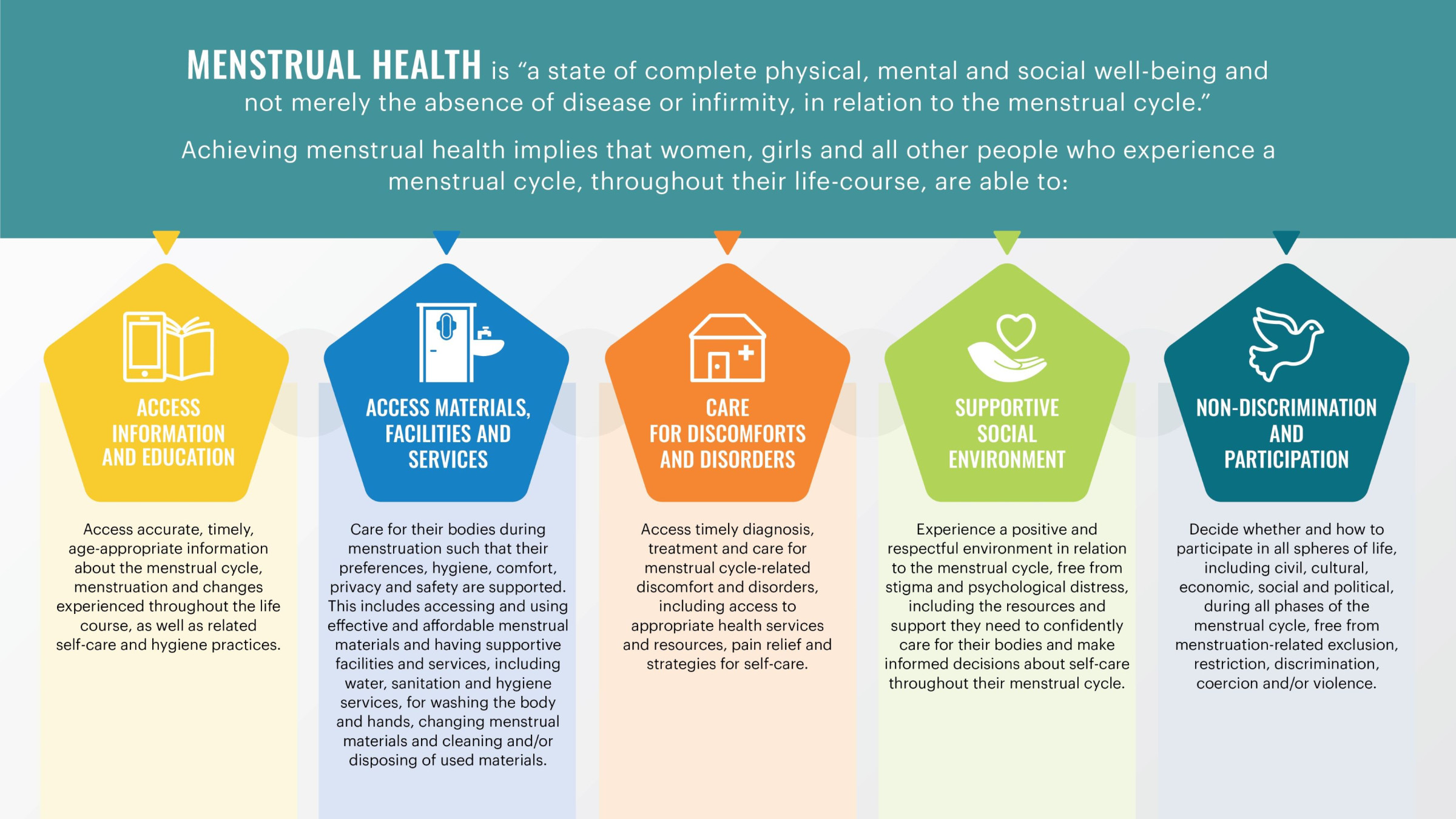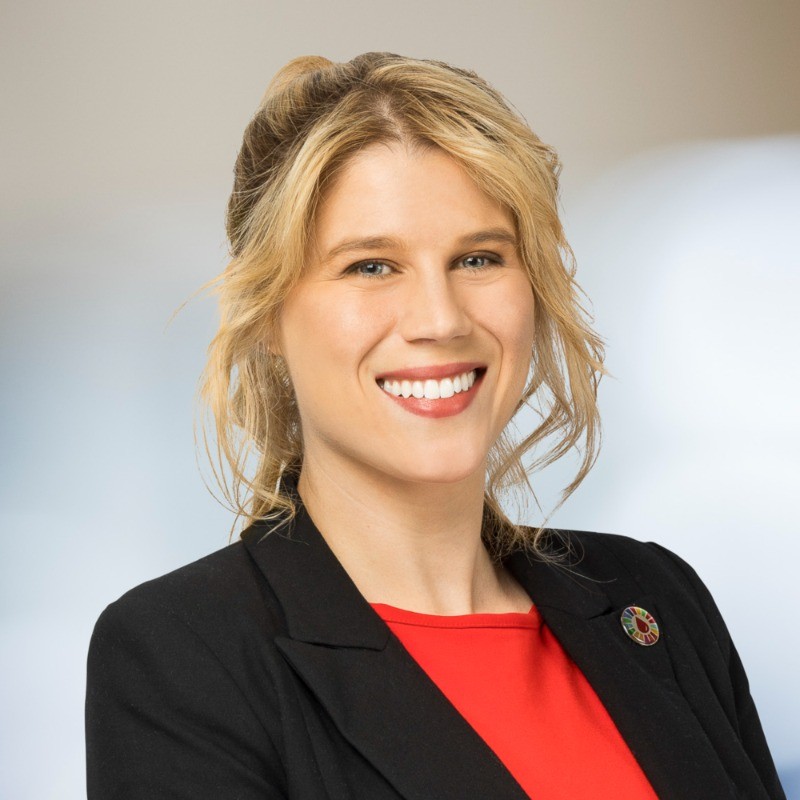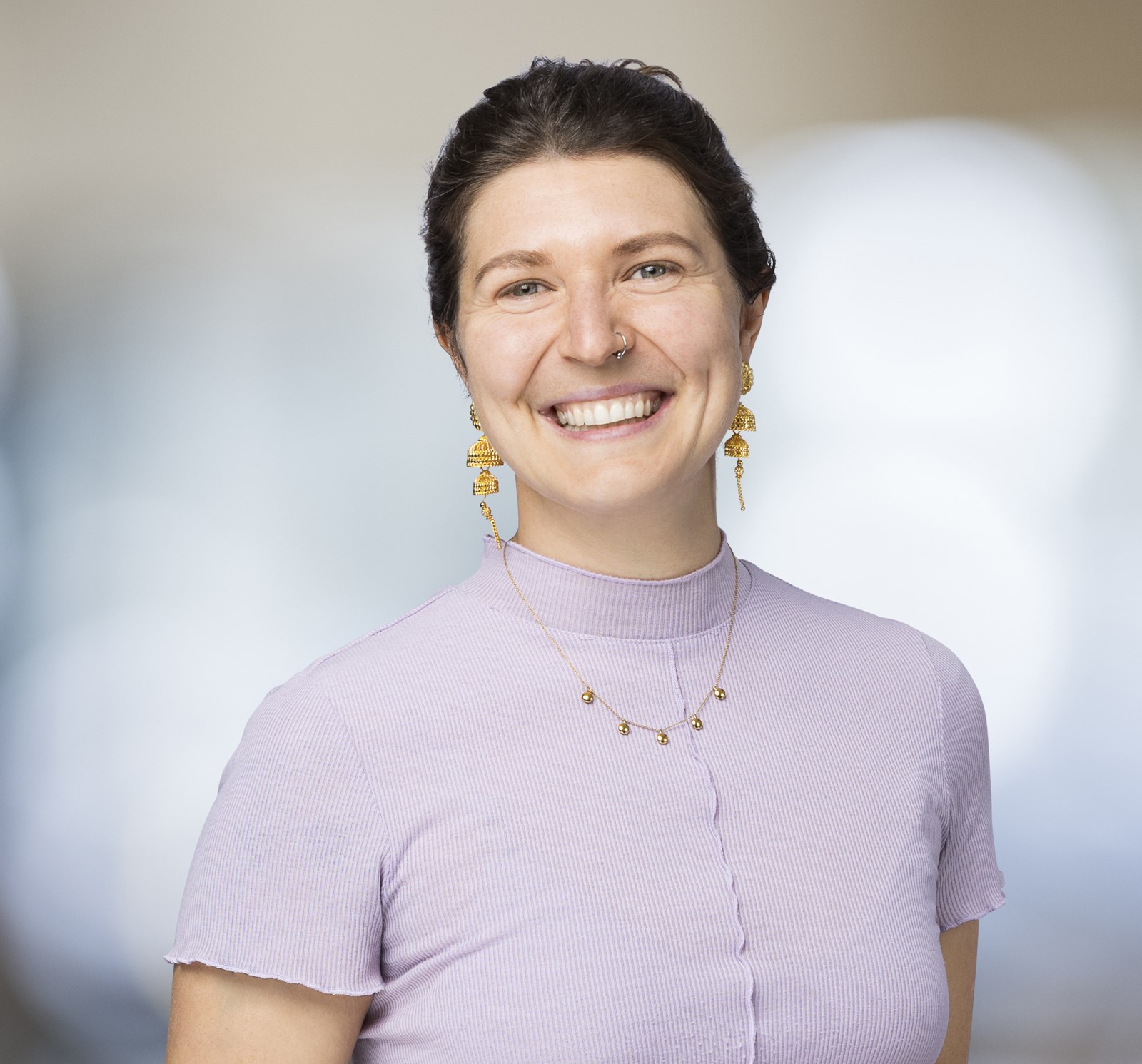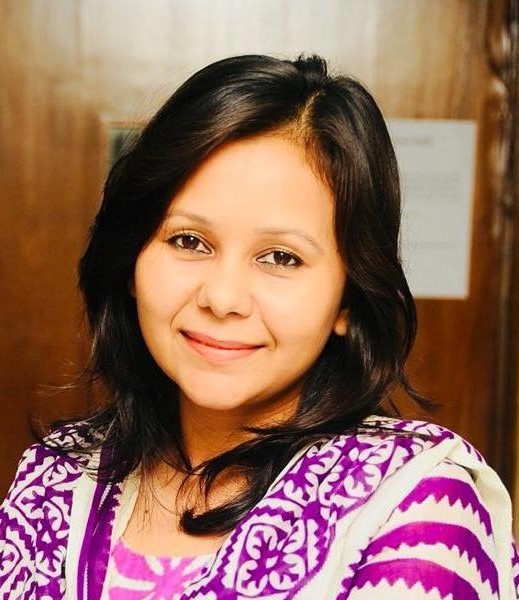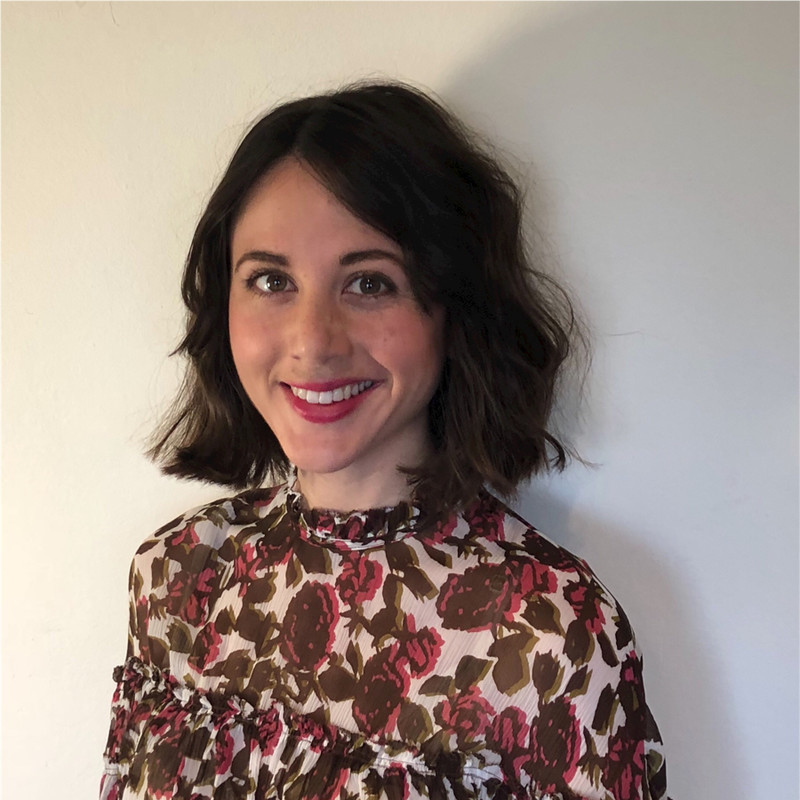The Menstrual Health Evidence Team is part of the Global Adolescent Health Working Group at Burnet, Australia.
Our team works to provide rigorous evidence contributing to achieve:
- The acknowledgement of menstrual health as a global priority for health and gender equity.
- Evidence-informed policy and service delivery for menstrual health.
- Support that ensures no one is left behind, and that draws on nuanced contextual understanding.
We are building and supporting others to build the evidence-base for menstrual health. We do this by undertaking rigorous research and providing validated menstrual health measures. By capturing the prevalence and impacts of unmet menstrual health needs, we can inform policy and programming, to ensure menstrual health is achieved for those who experience it.
